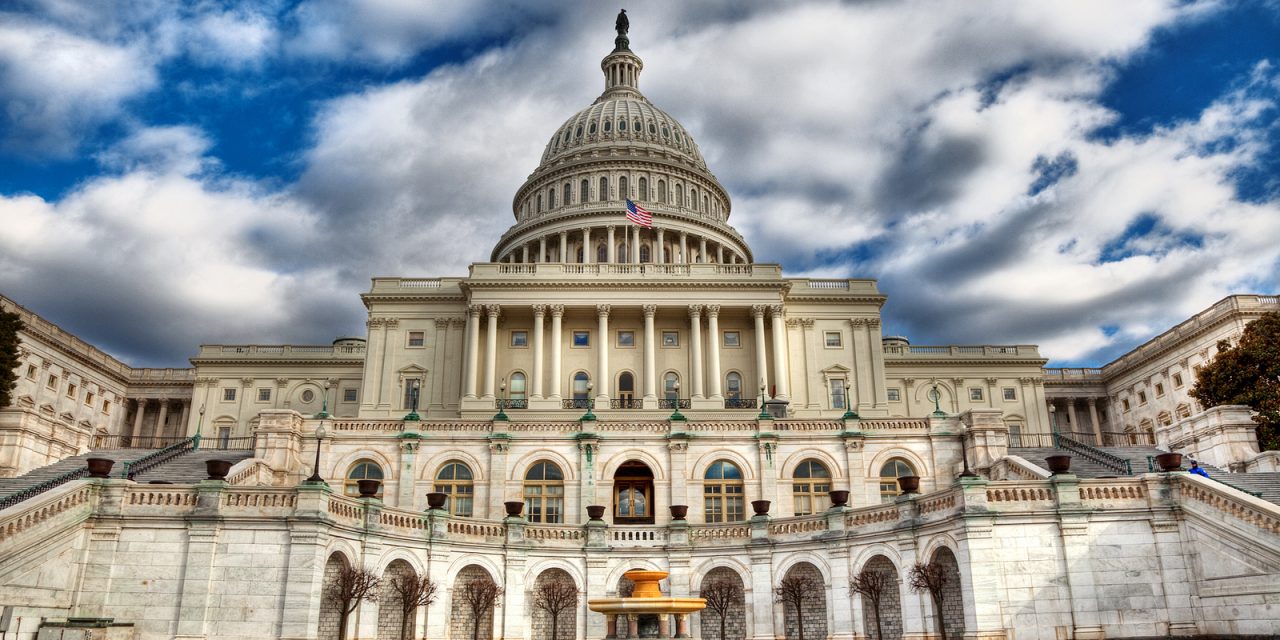The House of Representatives passed two harsh immigration enforcement bills this week, both of which had the adamant backing of President Trump. The anti-immigrant bills, which passed largely along party lines, are an attempt to crack down on so-called sanctuary cities and increase penalties for those who re-enter the country unlawfully.
The two bills, “No Sanctuary for Criminals Act” (H.R. 3003) and “Kate’s Law” (H.R. 3004), are portions of a larger bill that passed the House Judiciary Committee just last month that immigration advocates and Democratic members aptly called the “Mass Deportation Act.”
The “No Sanctuary for Criminals Act” attempts to coerce states and localities to cooperate with federal immigration enforcement by making them ineligible for key Department of Justice (DOJ) and Department of Homeland Security (DHS) grants related to law enforcement if they refused to comply.
As a result, this bill was not only opposed by immigrant advocate organizations but law enforcement all over the country, including the National Fraternal Order of Police, which consists of over 330,000 sworn law enforcement officers. The bill was also condemned by over 40 police chiefs and sheriffs who are members of the Law Enforcement Immigration Task Force. The groups characterized the bill as “punitive,” saying that the measure would actually hurt public safety rather than improve it.
“Kate’s Law” would expand the already severe penalties for those who are convicted of the crime of “illegal reentry,” which currently make up more than one quarter of all federal criminal prosecutions nationwide. This follows Attorney General Sessions’ announcement in April, in which he directed all 94 U.S. Attorney offices around the country to shift resources away from prosecuting more serious criminals and national security threats, to prosecuting individuals who crossed the border without inspection.
In May 2015, the DHS Office of Inspector General released a long-awaited report which cast doubt on whether these prosecutions actually had any impact on border crossers. The report found that DHS is unable to accurately measure the deterrence effect these prosecutions have on people returning. It likewise concluded that that those being targeted for prosecution are often individuals seeking asylum—a huge violation of international law and agreements.
These bills now head to the Senate where the prospects for passage are very low. In 2016, the Senate rejected various versions of bills to punish sanctuary cities and people who illegally re-enter the country, so it is unlikely that the result will be different this time around. Hopefully, instead of wasting their time with punitive legislation that will not pass, Congress will focus on more meaningful immigration reforms that move our nation forward.
Photo by Nicolas Raymond
FILED UNDER: Congress, Department of Homeland Security, Donald Trump, featured


